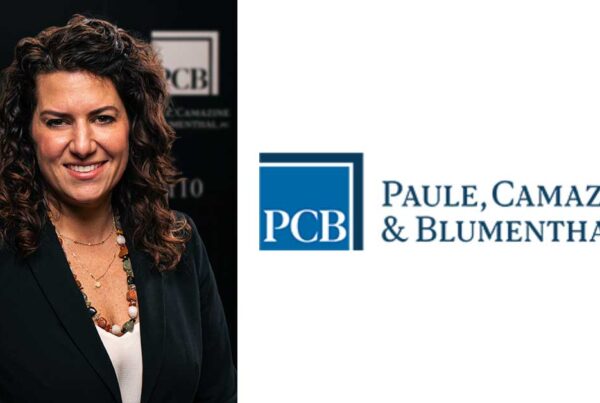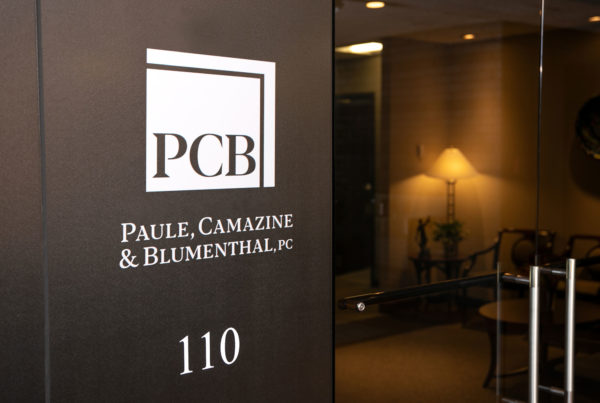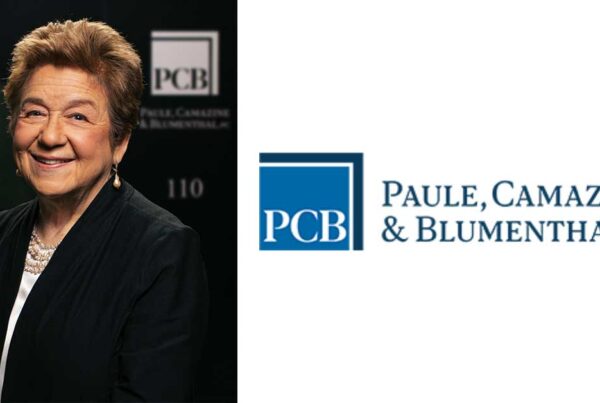
What options do I have once my trial is over?
After all of the evidence has been presented and all of the arguments delivered, the jury will render its decision or, in a judge-tried case, the judge will announce the court’s decision. However, a party who is not satisfied with the result may decide to take the case to a higher court in the hope of having the decision reversed. This process is known as an appeal.
Who has the right to appeal and what court does the appeal go to?
In a case tried in a Missouri associate circuit or circuit court, any party to the case has the right to ask for a review of the court’s judgment by the Missouri Court of Appeals. In federal court, appeals are directed to the United States Eighth Circuit Court of Appeals.
What Constitutes an Error?
What kinds of errors will the Court of Appeals consider? Here are some of the things it can look at:
- Did the court enter a judgment that is not supported by “substantial evidence”?
- Is the judgment against the “weight of the evidence”?
- Did the judge misinterpret the law?
- Did the judge apply the law incorrectly?
- Did the judge admit evidence that should not have been allowed?
- Do I stand a good chance of reversing the court’s judgment?
Even if one or more of these errors occurred, there is no guarantee that the decision will be reversed. Courts of appeals are very reluctant to undo a trial judge’s work and most appeals are unsuccessful.
What is involved in an appeal?
An appeal is a highly technical process that can last for many months. It includes the following steps:
- The party appealing the case (the “appellant”) pays the court reporter to prepare a printed transcript of the trial;
- The appellant’s lawyer writes a lengthy document known, paradoxically, as a “brief,” that is intended to persuade the appellate judges that the trial court made a reversible error;
- The other party’s attorney prepares its counter-argument in the form of a respondent’s brief;
- The appellant’s attorney presents a “reply brief”;
- After all the briefs are in, both attorneys are given an opportunity to make an oral argument of approximately 15 minutes’ duration to a three judge panel of the Court of Appeals. The judges frequently engage in spirited discussions with the lawyers, challenging their interpretations of the law.
What will the Court of Appeals do and how long will it take?
After a period of from a few to many weeks, the Court of Appeals issues its opinion. It may affirm the lower court’s decision, in which case the original judgment stands unchanged. Or, it may reverse the trial judge’s decision, either in whole or in part. If it does so it might tell the trial judge what should have been done. More frequently, it will analyze the errors and then direct the lower court to reconsider its decision in light of that analysis.
Who should handle my appeal?
Because the tasks involved in appeals are distinct from those performed by trial lawyers, and because they are so technical, it is wise to get advice from an experienced appellate lawyer, both to determine whether or not an appeal is likely to be successful and to make certain that your appellate argument will be made in the most effective manner. Paule, Camazine & Blumenthal, P.C. has expert litigation attorneys in St. Louis and Clayton, MO with substantial experience in all types of appeals, including published authors on appellate procedures.
By: Alan E. Freed
Recent News & Articles

Amy Rebecca Johnson Admitted into the Academy of Adoption and Assisted Reproduction Attorneys (AAAA)


